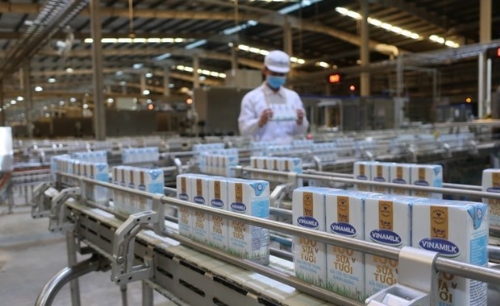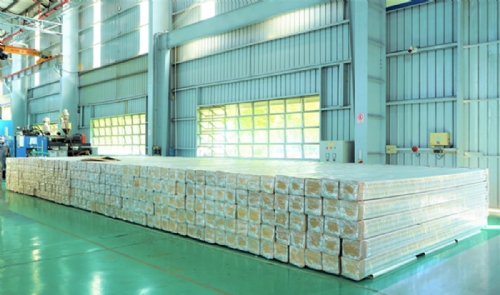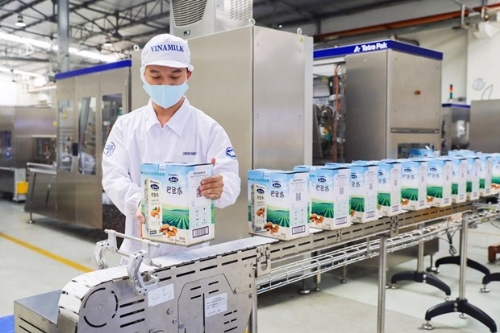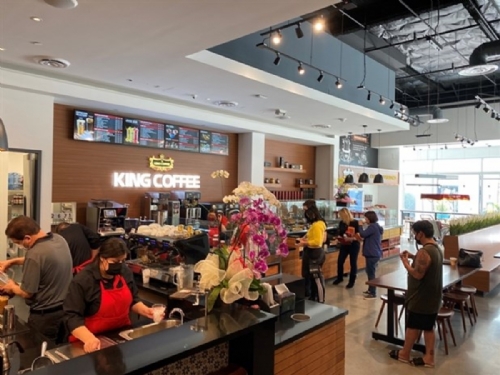Standard Chartered Bank forecasts Vietnam’s 2020 growth at 3%
Thursday, July 23, 2020 14:51
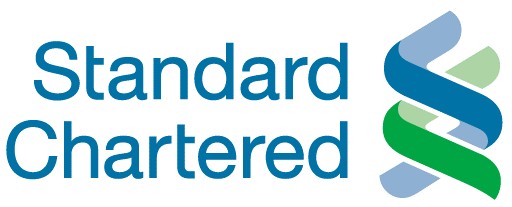
Hanoi, 22 July 2020 - Standard Chartered Bank expects Vietnam’s 2020 growth to slow to a multi-year low of 3% on soft external demand. External headwinds are likely to weigh on growth, offsetting domestic outperformance.
The forecast is highlighted in the Bank’s recently published Global Research report for Quarter 3 entitled “The aftershock”.
“Growth is likely to rebound in the second half of the year (H2) driven by the strength of the domestic economy; global headwinds are likely to partially offset this. Vietnam’s dependence on the global economy is the second highest in ASEAN after Singapore; its trade-to-GDP ratio of 198% is among Asia’s highest, driven by electronics exports. We expect 3% growth in Vietnam in 2020; further monetary and fiscal support in H2 could push growth closer to the government’s target of 4-5%.” said Chidu Narayanan, economist for Asia, Standard Chartered Bank.
According to the latest macro-economic report, manufacturing and services sectors are likely to recover and be the main growth driver in H2. The manufacturing sector growth is estimated at roughly 1.5% in 2020, with its contribution to growth declining by around 1.8 percentage points. The services sector’s contribution to growth is likely to fall to 0.5 percentage point from 2.8 percentage point in 2019.
Construction activity is expected to decline on subdued sentiment and declining FDI. However, public infrastructure investment is likely to be stronger than in the past 18 months, driven by government stimulus. A slowdown in tourism and related activity are likely to weigh on consumption, which is projected to pick up in H2 following the reopening of the economy, but to remain below 2019 levels.
Standard Chartered’s economists anticipate Vietnam’s trade to pick up in H2 as global demand recovers, but a recovery to pre-COVID levels is unlikely. Demand from China should support a pick-up in both exports and imports near-term; however, subdued global demand is likely to impact trade growth. The Bank expects trade balance to remain in surplus this year as lower imports offset soft exports.
The study forecasts FDI inflows to decline this year on heightened uncertainty and depressed investment sentiment globally, totaling USD13bn. Government measures should support FDI inflows in H2. In addition, the sustained relocation of low-tech manufacturing to Vietnam amid geopolitical tensions should partly offset subdued sentiment, supporting FDI inflows.
Other news
- Standard Chartered Vietnam named "Leading Foreign Bank in Vietnam" in 2021(4/26/2022 3:47:07 PM)
- Vietnam’s largest dairy producer eyes 5-percent revenue growth in 2022(3/25/2022 10:15:24 AM)
- THACO exports hydroponic plastic pipes to Israel(11/15/2021 2:58:07 PM)
- Vinamilk pins hope on Philippine market(9/7/2021 10:28:23 AM)
- Vietnam’s TNI King Coffee opens first coffee-chain store in the US(6/17/2021 9:54:49 PM)
- THACO exports largest-ever batch of automobiles, components, spare parts(2/23/2021 8:43:33 AM)
- Hoa Phat Group exports 22,000 tonnes of galvanised steel sheets in Jan-Feb(2/18/2021 9:45:47 AM)
- Standard Chartered forecasts Vietnam’s 2021 GDP growth at 7.8%(1/22/2021 3:08:50 PM)
- FITCH RATES STANDARD CHARTERED BANK VIETNAM “BB” WITH STABLE OUTLOOK(12/15/2020 4:31:28 PM)
- DEEP C Industrial Zones made it into the top 100 sustainable enterprises in Vietnam 2020.(12/15/2020 11:07:27 AM)
The featured news
-
Standard Chartered Vietnam named "Leading Foreign Bank in Vietnam" in 2021
-
Vietnam’s largest dairy producer eyes 5-percent revenue growth in 2022
-
THACO exports hydroponic plastic pipes to Israel
-
Vinamilk pins hope on Philippine market
-
Vietnam’s TNI King Coffee opens first coffee-chain store in the US



